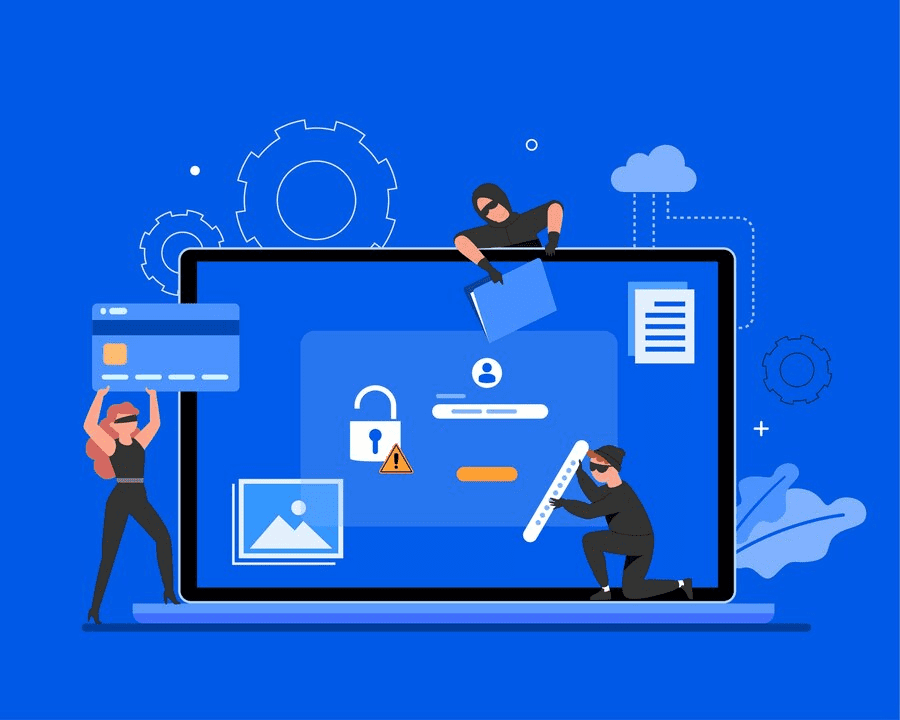In today’s digital world, cybersecurity threats are more sophisticated and widespread than ever before. One of the most concerning threats is a zero-day vulnerability, a software flaw unknown to the vendor and the public. Attackers exploit these vulnerabilities before developers can patch them, leading to serious security breaches. This is where the Zero Day Initiative (ZDI) plays a pivotal role.
What is the Zero Day Initiative (ZDI)?
The Zero Day Initiative (ZDI) is a program created in 2005 by TippingPoint, a cybersecurity firm later acquired by Trend Micro. Its primary objective is to identify, report, and mitigate zero-day vulnerabilities before cybercriminals can exploit them. The ZDI acts as a bridge between security researchers and software vendors, ensuring that vulnerabilities are responsibly disclosed and patched before they can cause harm.
How the Zero Day Initiative Works
The ZDI operates through a structured process that involves vulnerability discovery, responsible disclosure, and mitigation efforts. Here’s how it works:
- Vulnerability Discovery
- Independent security researchers submit zero-day vulnerabilities to the ZDI.
- The program offers monetary rewards to incentivize researchers to report vulnerabilities ethically rather than selling them on the dark web.
- The ZDI team verifies the submitted vulnerabilities for authenticity and impact.
- Responsible Disclosure
- Once verified, the ZDI informs the affected software vendor about the vulnerability.
- The vendor is given 90 days to release a patch before the details of the vulnerability are disclosed publicly.
- If a patch is not released within the time frame, the ZDI may provide a limited disclosure to alert the public while minimizing the risk of exploitation.
- Security Mitigation
- The ZDI releases protection measures through Trend Micro’s security products.
- It also collaborates with major software vendors like Microsoft, Adobe, and Oracle to facilitate prompt fixes.
- In some cases, workarounds or temporary mitigation strategies are suggested to protect users until an official patch is available.
The Importance of ZDI in Cybersecurity
The Zero Day Initiative is crucial in strengthening global cybersecurity. Here’s why:
- Early Detection of Critical Vulnerabilities
By incentivizing researchers to report vulnerabilities responsibly, the ZDI helps identify critical flaws before cybercriminals can exploit them.
- Enhancing Vendor Accountability
ZDI’s disclosure policy ensures that software vendors address vulnerabilities promptly, making them more accountable for their security practices.
- Protection for End Users
Through Trend Micro’s security updates and patches from vendors, millions of users receive timely protection against potential cyberattacks.
- Preventing Zero-Day Attacks
By proactively identifying and mitigating vulnerabilities, ZDI reduces the chances of large-scale cyber incidents like ransomware attacks, data breaches, and espionage campaigns.
Notable Vulnerabilities Discovered by ZDI
Over the years, ZDI has reported numerous high-profile vulnerabilities. Some notable cases include:
- Microsoft Windows Vulnerabilities: The ZDI has disclosed multiple critical flaws in Windows OS, preventing potential ransomware attacks.
- Adobe Flash Zero-Days: Several vulnerabilities in Adobe Flash Player were identified, many of which were actively exploited before patches were released.
- Industrial Control Systems (ICS) Flaws: ZDI has helped secure industrial infrastructure by identifying vulnerabilities in SCADA systems, reducing the risk of cyber threats targeting utilities and manufacturing sectors.
ZDI’s Annual Initiatives: Pwn2Own
One of ZDI’s most famous events is Pwn2Own, an annual hacking competition that invites security researchers to exploit popular software and devices. The competition serves multiple purposes:
- Encourages ethical hacking and responsible disclosure.
- Highlights real-world vulnerabilities in web browsers, operating systems, and IoT devices.
- Provides vendors with insights to improve their security posture.
Through Pwn2Own, ZDI has exposed vulnerabilities in Google Chrome, Apple Safari, and Windows 10, among others, leading to significant security improvements.
Challenges and Controversies
While the ZDI plays a vital role in cybersecurity, it is not without challenges:
- Delayed Patches: Some vendors fail to release timely patches, increasing the risk of exploitation.
- Bug Bounty Ethics: Some critics argue that paying researchers for vulnerabilities may encourage the commodification of cybersecurity threats.
- Government Exploitation: There are concerns that intelligence agencies may use disclosed vulnerabilities for surveillance purposes rather than fixing them.
The Bottom Line
The Zero Day Initiative (ZDI) is a key component of modern cybersecurity, discovering and addressing zero-day vulnerabilities. By enticing ethical disclosure, collaborating closely with distributors, and actively safeguarding users, the ZDI has considerably improved worldwide cyber defences. As cyber threats change, programs like the ZDI are critical to ensuring our digital future.

